by Irene Leonardelli
At the end of a too-long, extremely dry summer, rural women from the drought-prone district of Beed, Maharashtra, finally return home, after six months of seasonal employment in sugar cane plantations. Encountering them allows me to reflect on experiences of drought and monsoon and on the embodied implications of environmental and agrarian transformation.
Pune, Maharashtra. 7 July 2019. Water loudly dropping on the plastic roof of the cafe’s terrace where I am sitting. All around me plants and people are blooming, greening, smiling. Monsoon Sunday’s melody. Coming to India from one of the rainiest countries in Europe, the Netherlands, where rain is most often experienced as an upsetting phenomenon, which ruins long weekends’ bicycle tours and forces people to stay home, I am fascinated by the joyful, excited, hopeful attitudes of rural and urban Maharashtrian people enjoying the so long-awaited monsoon.
I had arrived in Pune at the end of May. No green on the horizon, the landscape was drained, wilting in the heat of an exceptionally long and dry summer. In some neighborhoods, water was flowing only a few hours a day. The doorkeeper of our building would promptly come to inform us: “Pani, pani [Water, water]” and my flatmates and I would fill ten buckets plus the water tank fixed on the bathroom ceiling, because “you never know if you’ll get water tomorrow, or when…”.
By mid-June the water scarcity and drought situation affecting the state of Maharashtra worsened and was widely reported in international media (see The Guardian; BBC news). Hundreds of villages across the state, especially in the regions of Vidarbha and Marathwada in the eastern part of Maharashtra, were relying exclusively on government-sponsored tankers supplying drinking water.
In those days, together with the colleagues of the Society for Promoting Participative Ecosystem Management (SOPPECOM), the partner NGO I collaborate with for my PhD research, we went to visit communities of farmers in the rural, drought-prone areas around the city of Beed. Sitting cross-legged on colorful towels, we shared chai, chapati, smiles and long conversations with local women, in their humble but extremely cozy courtyards.
The drought has been deeply affecting the lives and farming-based livelihoods of these communities of farmers for several years now. Most women we encountered have had to turn to seasonal labor. With their partner, their children, or alone, they migrate every year for at least six months, to Western Maharashtra or sometimes to other states, to work as sugar cane cutters during the harvesting period. Work and living conditions in sugar cane plantations are extremely ABUSIVE, if not miserable: long hours of harvesting under the scorching sun, temporary plastic shelters, and absolute absence of all basic facilities. Moreover, at the end of the working day, women still have to walk long distances to fetch water, and then they have to cook, wash and take care of the children.
Women’s narratives reflect the impacts of this exhausting routine on their physical and psychological well-being. They told us how even menstruation has become a monthly challenge they have to deal with, as taking a break to get changed or to rest hinders on the level of productivity required by the employers, causing stress and anger. Not being able to properly take care of their basic hygienic needs causes discomfort, infections and leads to multiple gynecological problems. Often, during the very first visit to the doctor, they are advised to go in for hysterectomy (removal of the uterus) and warned that not undergoing the intervention could lead to more severe diseases, including contracting cancer. The fear, induced by health professionals, of getting sick compels the women to pay high fees and have their womb removed. But while a hysterectomy succeeds in stopping the menstrual cycle, it also causes significant hormonal imbalances and other suffering.
I shiver imagining how it can feel to be pressured to be intervened so intimately on one’s own body to ease discomfort at work and to decrease the chances of being scolded or punished. I feel torn and upset reflecting on how labor relations shaped by inequalities based on gender, class, and caste can have such violent, embodied implications. I shiver, but these women sitting around me talked with so much dignity and strength and inspirational energy. They told us about how they are now realizing the side effects of this surgery, how they trusted the medical recommendation they received – which now feels like a scam, a superficial advice driven by profit. They recognize the violence exercised against them, on their bodies, and they know their ways, their paths, their everyday practices to counteract it.
In the past months, several national and grassroots organizations supported these women and many other seasonal migrants to mobilize and denounce the miserable working conditions in sugar cane plantations, helping to shed light on the high rate of hysterectomies among sugar cane cutters. In mid-June, MAKAAM, a national network of farming women and collectives and civil societies organizations (including SOPPECOM), together with other activists and groups, organized a meeting in Mumbai to urge the government to investigate and take action against these extremely exploitative conditions. In this occasion, sugar cane cutters, including some of the women we met, had the chance to share their experiences and stories (read more about the meeting and the action taken in this article by Firstpost).
Not understanding the language of Maharashtra (Marathi), I was dependent on the translation of my colleagues to understand the content of the long focus groups discussions we had in Beed. I deeply wished I could understand, to appreciate the wordings, the nuances of the stories these women shared with us, to overcome that feeling of being colonially cumbersome and inadequate – while these inspiring women were sharing such intimate stories. And yet, they made me feel so very welcomed, trying to communicate with me emotionally, smiling, holding hands, offering precious water and delicious food. I felt extremely privileged to be invited to share such an intimate space, and so inspired by their caring, open, strong and determinate attitudes, despite all the hardships conditioning their life and their environment.
I thought about Donna Haraway (2004)’s invitation of establishing alliances, mutuality, solidarity based on affinities, which I understand as a common choice of sharing and caring for something instead of on identities, these being the product of fixed and stratifying social categories. But I also recognize that the threads that weave and connect people and natures globally are shaped by and shape radically different kinds of lives and environments in different places (and often in the same place). Hence, I cannot but try to think, theorize and act, strengthening affinities and tracing transnational collaborations in the hope of contributing to more sustainable, less painful and inclusive socionatures.
Water scarcity and drought in Maharashtra have been worsening in recent years, increasingly affecting the rural population throughout the state. But this situation cannot be simply and vaguely attributed to processes of climate change. It needs to be contextualized within the broader economic, political and environmental landscape. In the past three decades, Maharashtra has been going through significant processes of agrarian restructuring supported by neoliberal reforms, shifting from subsistence farming to commercial farming, from the cultivation of traditional crops (such as bajra/pearl millet and jowar/sorgum) to the cultivation of so-called high-value crops (such as sugarcane, grapes, flowers and mangoes). This economic shift is having important socionatural implications, especially in rural areas. In particular, it is shaping the direction of flows of water and of people (i.e. migration). I aim to explore these in the context of my PhD research. Hence, I hope to be able to continue this story.
Back in Pune. I am still sitting in the same cafe and rain continues to fall loudly and beautifully. I wonder if it is raining in the villages around Beed as well. If the women we met are sowing their fields and will be able to harvest some crops at least during the monsoon season, while they are at home, in their villages. Yes, rain has a completely different value in Maharashtra.
Irene Leonardelli is a PhD fellow at IHE Delft Institute for Water Education. Her PhD is conducted in the context of the feminist political ecology network “Well-being, Ecology, Gender and Community – Innovative Training Network” (WEGO-ITN). She has received funding from the European Union’s Horizon 2020 research and innovation programme under the Marie Sklodowska-Curie grant agreement No. 764908.


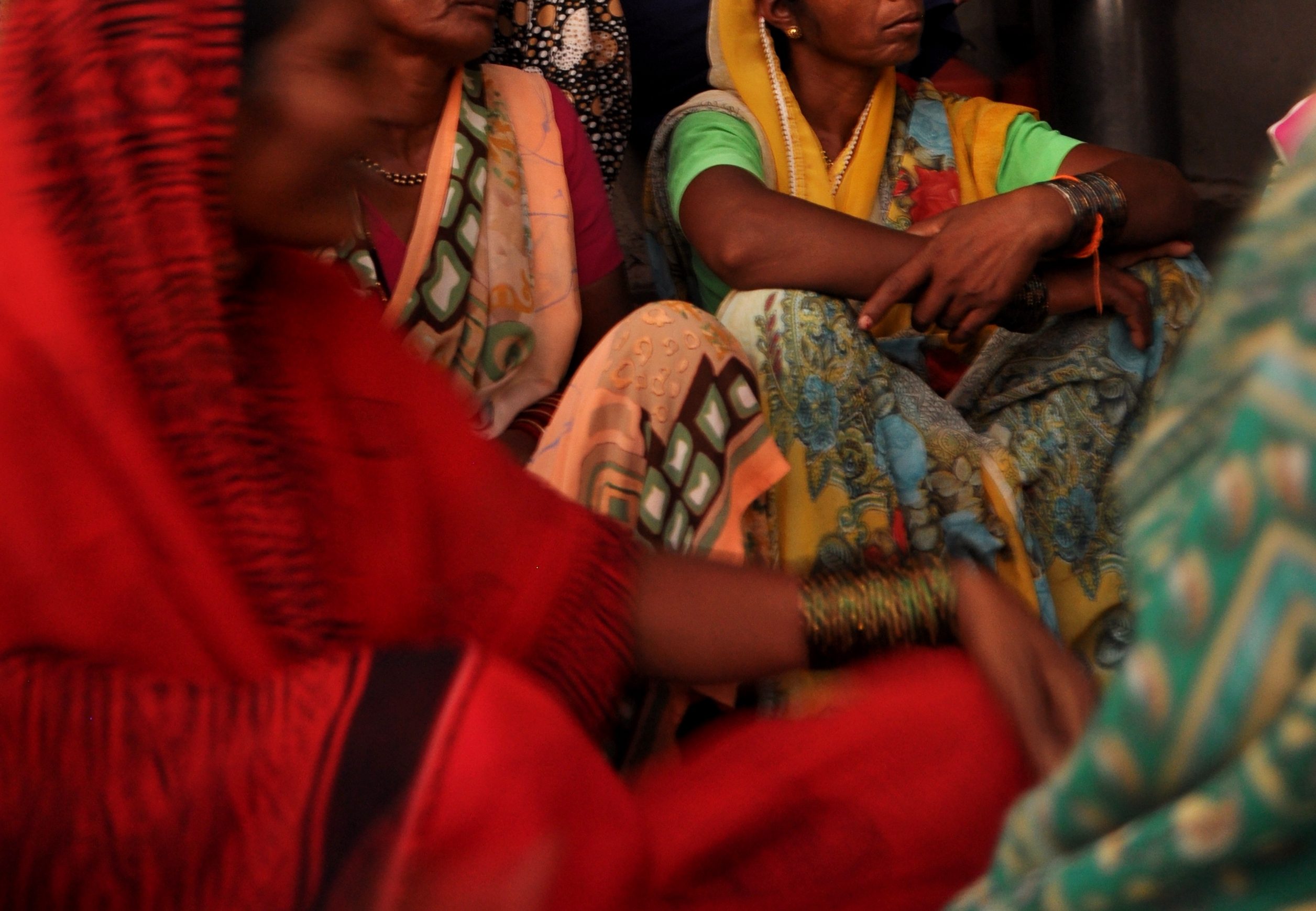
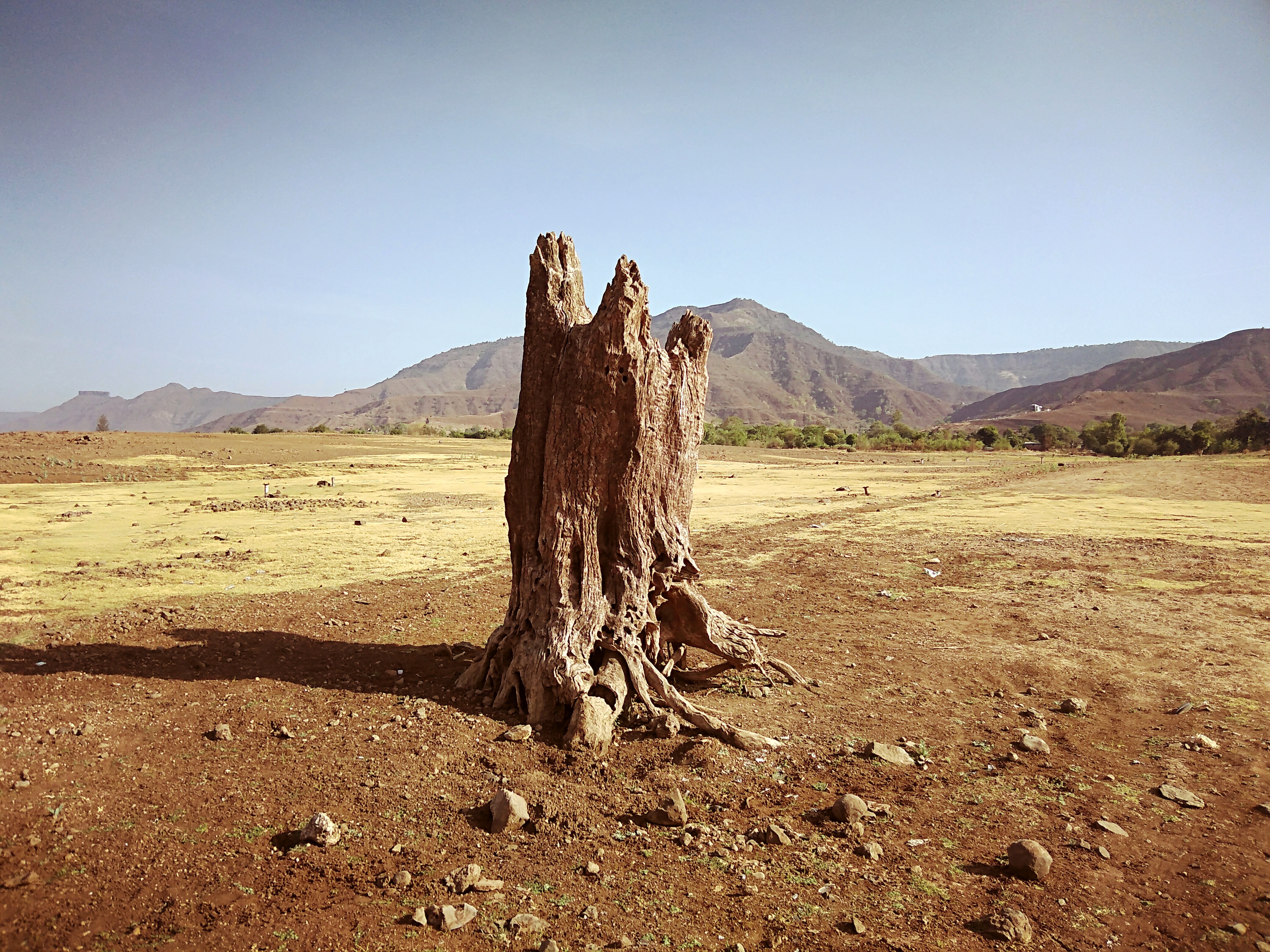
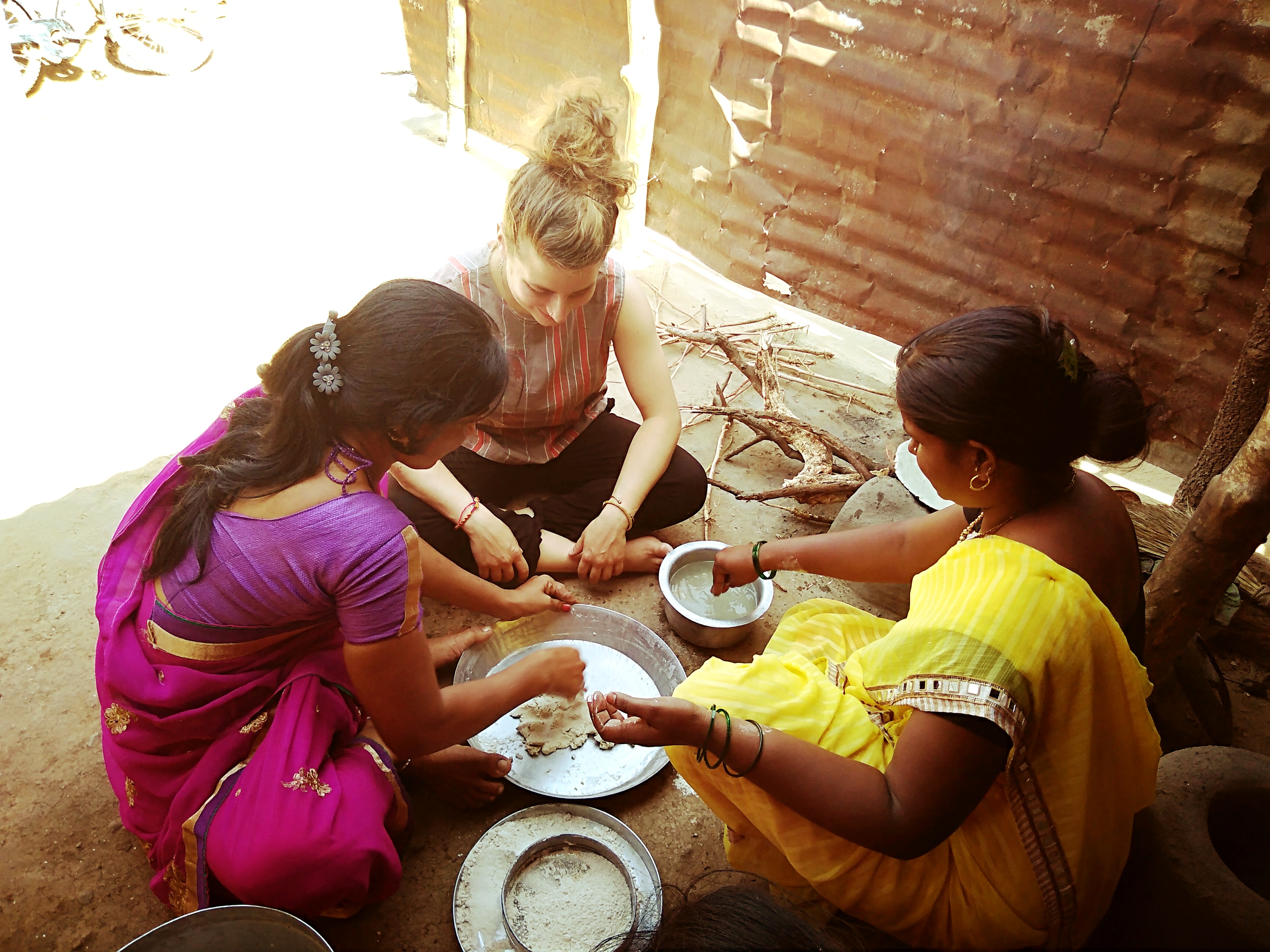
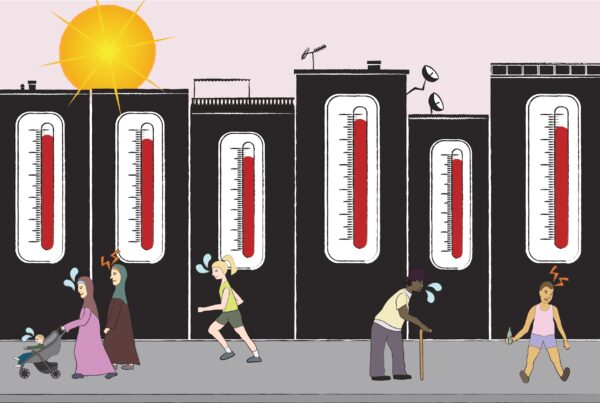
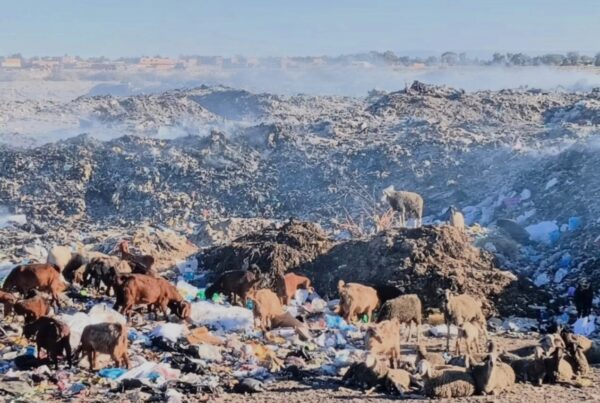
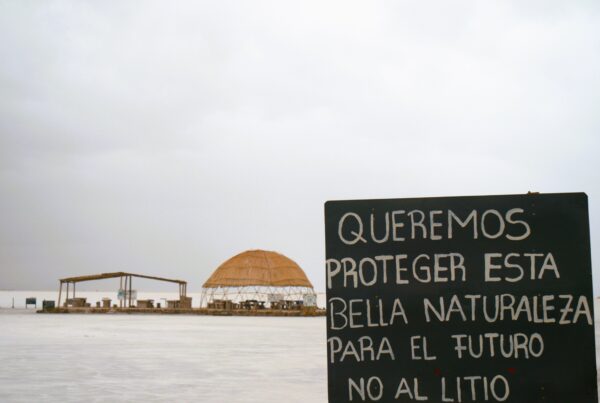
Reblogged this on POLLEN.